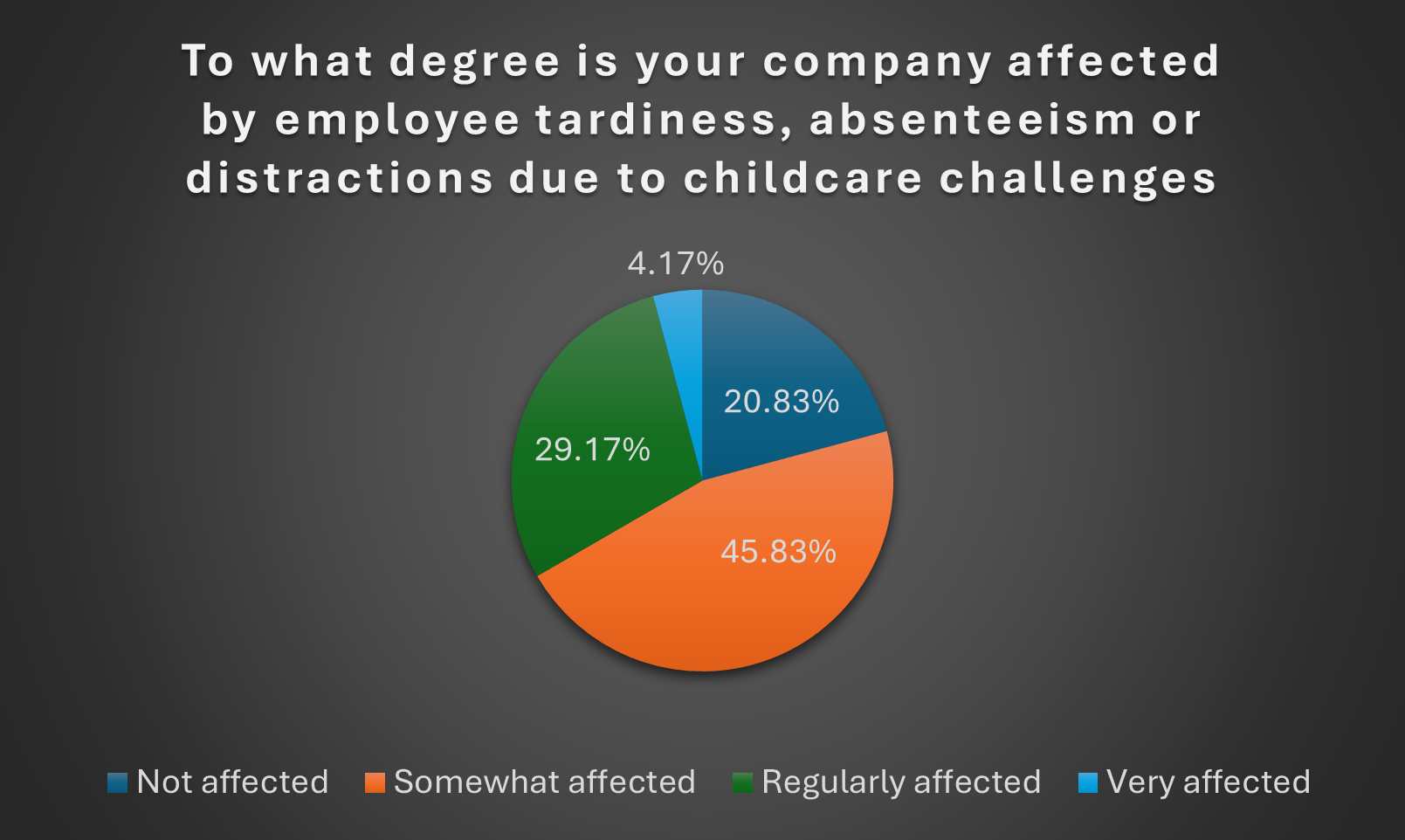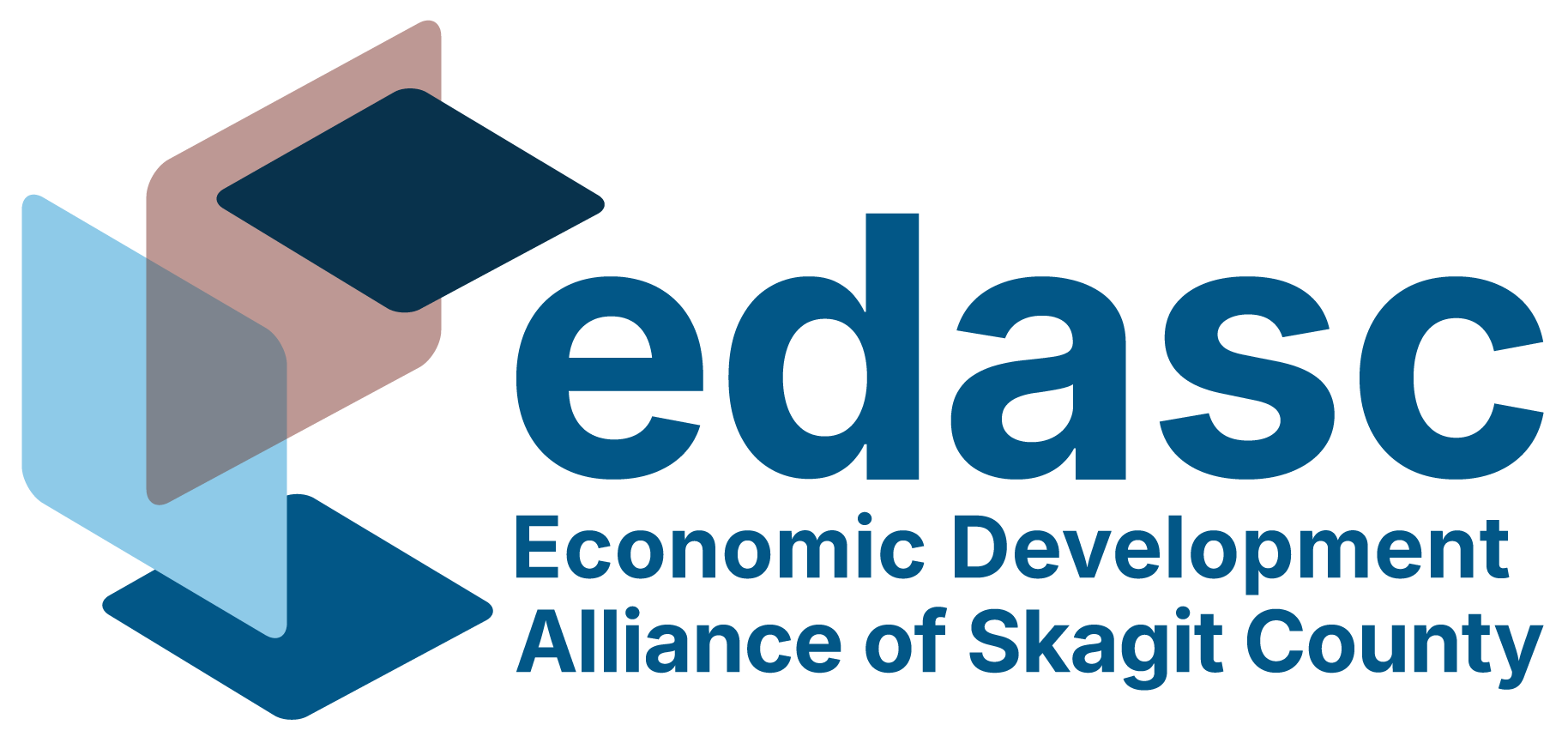Economist Thornberg says 'pay attention to the narrative'

6 Mar 2025
News
EDASC’s keynote speaker at Economic Forecast Night said the narrative around the economy is more important in forecasting the nation’s economic trends than the actual numbers.
Christopher Thornberg, founding partner of Los Angeles-based Beacon Economics, told the 300-plus business leaders and community members gathered for the annual forecast dinner that the numbers show a strong economy but the sentiment from everyday Americans tells a different story.
“You have to pay attention to both the narrative and the data,” Thornberg said.
The data shows economic indicators such as a growing GDP and strong consumer spending, and debt to income ratio is looking “great.”
Household finances benefitted from pandemic stimulus and continue to do well across the board; yet, while Americans believe they’re doing “at least okay,” they have much less confidence in the local and national economy, dipping below numbers in the thick of the pandemic.
It’s a narrative borne out over and over in the media, he said, especially as inflation brought on by the stimulus dollars themselves makes people nervous. Yet, household discretionary spending on items such as eating out and foreign travel are higher than pre-pandemic levels.
“The narrative is running amok, leaving political and economic chaos in its wake,” he said.
While the economy is currently in good shape, “the economy today is built on a weak foundation,” he cautioned, citing an asset value bubble and enormous federal deficits.
Thornberg said he’s worried about what the administration is not going to do, more than the flurry of actions already taken.
“Trump’s administration will not deal with the financial bubble or the deficit,” he said.
Immigration is driving the economy more than some would like to admit, Thornberg said. He noted 7 million workers in the United States were born overseas, and immigrants are contributing in more ways than one.
“They're working in jobs, they're buying stuff, they're feeding their family,” he said, “and all of this contributes to economic growth.”
Admittedly, the unprecedented number of undocumented individuals coming across the southern border is a problem, Thornberg said, adding that he is a proponent of changing laws to address the issue, “but that's never really been part of the narrative, right?”
Rolling these factors together, Thornberg believes the chatter around the economy will be the deciding factor that sparks a recession.
“At some point in time, the wheels come off this train. When? I don't know. It's a function of the narrative. There is no economic number. There is no economic statistic. There is no way of predicting what little narrative spark sets off the bonfire that causes this to happen.”
Drill down to local economy
Thornberg didn’t spend his entire speech focused on the national economy, taking time to drill down to the state and county levels. His take on some of these issues:
Economy still strong in Washington – for now: Household spending in the state is hot, Thornberg said, with the state’s GDP among the fastest growing in the United States. However, Washington has the highest trade dependency in the country, which makes threats of tariffs all the more troubling to Washington businesses.
Aerospace and tech are putting a drag on the state’s economy currently, but Thornberg said it will only be temporary. And a bright note, manufacturing is stronger in Skagit County than the rest of the state.
Housing and labor are tied together in Skagit County: Job growth in Skagit County is now above pre-pandemic levels, which is good news, however, county employers need more workers, and that becomes challenging for those attempting to move into this tight real estate market.
“Skagit County desperately needs people and that is a conversation about housing,” Thornberg said.
He noted the shortage of housing has led to steadily increasing costs as demand outpaces supply: “It’s not about affordability, it’s about supply.”
Thornberg did applaud Skagit County for making headway on its housing supply, particularly multi-family housing, but more still needs to be done to address the need, which will require regulatory solutions.
More Topics






